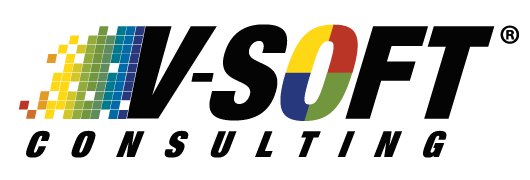Description
Certifications in data management or architecture (e.g., CDMP, TOGAF) are desirable.
Education and Experience »
Bachelor’s degree in Computer Science, Information Technology, Data Science, or a related field required. Master’s degree preferred.
7+ years of experience in data architecture, data management, or a related role, with a focus on healthcare or pharmacy data systems.
Experience with cloud-based data platforms (e.g., Azure, Google Cloud) is a plus.
Proven experience with database management systems (e.g., SQL Server, MongoDB) and data integration tools (e.g., Azure Data Factory, SSIS, Informatica etc.).
Knowledge, Skills and Abilities »
Strong understanding of healthcare data standards (e.g., HL7, FHIR, NCPDP) and regulatory requirements (e.g., HIPAA, HITECH) and pharmaceutical industry.
Proficiency in data modeling, data warehousing, and ETL processes.
Strong analytical and problem-solving skills, with the ability to troubleshoot complex data issues.
Excellent communication and collaboration skills, with the ability to work effectively with both technical and non-technical stakeholders.
WHAT YOU’LL DO:
Job Responsibilities:
Data Architecture Design: Develop and maintain the data architecture strategy for pharmacy operations, ensuring it aligns with overall business goals and IT strategy.
Data Integration: Design and implement robust data integration solutions to ensure seamless data flow between different systems, including EHRs, pharmacy management systems, and other healthcare applications.
Data Modeling: Create and maintain logical and physical data models that accurately represent the pharmacy data requirements and support efficient data retrieval and analysis.
Data Governance: Establish and enforce data governance policies and procedures to ensure data quality, integrity, and security across the organization.
Compliance and Standards: Ensure that data architecture and management practices comply with healthcare regulations such as HIPAA, HITECH, and other relevant standards.
Performance Optimization: Monitor and optimize database performance, ensuring high availability and scalability of data systems.
Collaboration: Work closely with cross-functional teams, including IT, pharmacy, clinical, and business stakeholders, to gather requirements and translate them into effective data solutions.
Technology Evaluation: Evaluate and recommend new technologies and tools to enhance the data architecture and support evolving business needs.
Documentation: Create and maintain comprehensive documentation for data architecture, data flows, and data integration processes.
Key Skills
Education
Bachelor’s degree in Computer Science, Information Technology
- Posted On: 01-Sep-2024
- Experience: 7+ years of experience
- Openings: 1
- Category: Data Architect
- Tenure: Flexible Position

